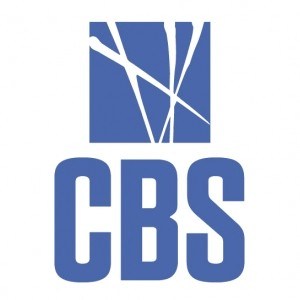Photos of university / #university_of_copenhagen
In the MSc programme in Agricultural Development you will learn about the development of forestry and farming and foods in developing countries. As an MSc in Agricultural Development, you will be making sustainable positive changes to the lives of some of the poorest people in the world.
The programme is offered in English.
Agricultural Development (AD) focuses on sustainable development in developing countries and provides you with scientific and practical knowledge about farming, forestry systems, food processing and quality, economic development, rural livelihoods and envronmental and natural ressource management.
The two-year programme combines a scientific approach to problems in developing countries with a broader social understanding of the conditions for development.
Profile and Career
The two-year MSc programme in Agricultural Development combines a scientific approach to problems in developing countries with a broader social understanding of the conditions for development. The programme includes solid methodological and field based training.
Some of the academic issues you might be working with are how health and food safety can be secured through food production and how improved processing of food can generate a better income for the local communities.
What competences will I acquire?
As a graduate in Agricultural Development and an expert on development, you are, among other things, able to:
- Provide a detailed account and critical evaluation of current research theories in connection with sustainable use and management of natural resources in developing countries.
- Distinguish critically between sustainable and livelihood-related issues in connection with the use of natural resources.
- Carry out research, advisory and policy-related activities within agricultural development.
- Identify and analyse research issues and communicate these to the general public.
Career opportunities
The programme gives you career opportunities within development in developing countries. As an MSc in Agricultural Development, you can, among other things:
- Become a consultant in a Danish or international organisation specialising in development and/or food, e.g. Danida, the UNs environment and agriculture organisations UNEP and FAO or the EU.
- Work within research in Denmark or at an international research institution, e.g. at universities and government research institutions.
- Find employment with one of the many organisations focusing on developing countries. Recent graduates from the programme are, for example, working with the Red Cross, CARE, DanChurchAid, the Child Fund Alliance, Denmark (Børnefonden) and Save the Children, Denmark.
Find employment with companies engaging in fair trade, ecology and global trade, e.g. certification, labelling, purchasing and sales.
The programme consists of three elements: Basic subjects, interdisciplinary courses and thesis.
At the start of the programme, you will meet students from other universities. In small interdisciplinary groups, you work to solve a specific problem from a developing country.
At a later point, you and your fellow students will participate in three weeks field work abroad. This might be, for example, the mountain areas of Thailand, where you collaborate with foreign students and educational institutions on how the local population reduces soil erosion through plantings in the area.
The programme will provide you with scientific and practical knowledge about agricultural development, including the production of plants, livestock and fibres, about food processing and about food quality, economics and the environment.
- Teaching on the MSc programme in Agricultural Development
The teaching method varies between lectures, exercises, field work and project work. The language of instruction is English. You will be working both independently and in project groups.
There is a well-established collaboration between the students and the business community that ensures excellent prospects for internships or project collaborations, providing you with a unique experience and a good network.
- The MSc programme in Agricultural Development also offers you the chance to study abroad.
The thesis requires a three-month stay in a developing country where you will usually be attached to a local or international organisation.
You decide the subject for your thesis, which is usually based on a specific problem.
The Faculty of Science will not be awarding any scholarships for the academic year 2014/2015.
Please note that many scholarships are offered by companies or organisations, it can be worthwhile to research your particular options from your home country.







